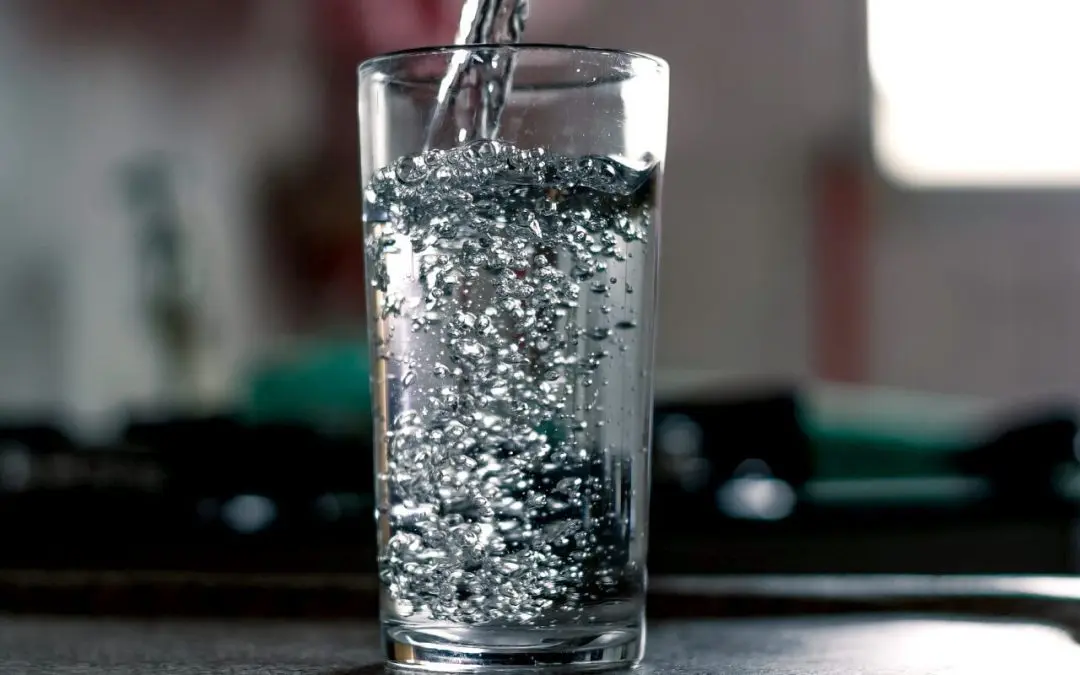Water is one of our most precious resources, yet it’s often taken for granted. With increasing concerns over water scarcity globally, adopting water-saving practices at home is essential. Here’s a comprehensive guide on how you can save water at home and contribute to a sustainable future.
Save Water at Home by Fixing Leaks Promptly
One of the simplest and most effective ways to save water is to fix leaks as soon as you spot them. A dripping faucet or a leaking toilet can waste gallons of water over time. Check your plumbing fixtures regularly for leaks and replace washers, seals, or even the entire fixture if necessary. A small drip might seem insignificant, but it can add up to gallons of wasted water daily.
Install Water-Efficient Fixtures
Upgrading to water-efficient fixtures can significantly reduce your water consumption. Consider installing low-flow showerheads, faucets, and toilets. These fixtures are designed to use less water without compromising performance. Modern technology has advanced to a point where water efficiency and comfort go hand in hand, making saving water without sacrificing your lifestyle easier than ever.
Practice Water-Wise Gardening
Gardening can be a major source of water usage at home. Opt for native plants that are well-adapted to your local climate and require less water. Water your garden early in the morning or late in the evening to minimize evaporation. Using mulch around plants can also help retain moisture in the soil, reducing the need for frequent watering.
Use Water Wisely in the Kitchen
Your kitchen is another area where water conservation can make a big difference. When washing dishes, avoid leaving the tap running. Instead, fill one basin with soapy water and another with rinse water. For those with dishwashers, only run them with full loads to maximize water efficiency. Additionally, defrost frozen foods in the refrigerator or microwave instead of under running water.
Efficient Laundry Practices Will Save Water at Home
Laundry is another activity that can consume a lot of water. To save water and energy, use the washing machine only with full loads. Consider using the appropriate water level setting for the size of the load. Modern washing machines are designed to be more water-efficient, so if you’re still using an older model, it might be time for an upgrade.
Be Mindful of Water Usage
Small changes in daily habits can greatly impact your water usage. Turn off the tap while brushing your teeth, shaving, or washing your face. Consider installing a water-saving shower timer to limit your shower duration. Even shorter showers can save a significant amount of water over time.
Harvest Rainwater
If you have the space and resources, a rainwater harvesting system can be a great way to collect and store rainwater for use in your garden or other non-potable uses. Rain barrels or rainwater tanks can be installed to collect runoff from your roof, providing a sustainable water source that reduces your reliance on municipal water supplies.
Educate and Inspire Others to Save Water at Home
Sharing knowledge about water conservation with family, friends, and neighbors can amplify your impact. Host workshops, share tips on social media, or simply start a conversation about the importance of water conservation. Collective action can lead to substantial water savings and inspire others to adopt similar practices.
Saving water at home is not just about reducing bills; it’s about preserving a vital resource for future generations. You can significantly reduce your water footprint by making a few changes to your daily routines and investing in water-efficient technology. Start with the simple steps outlined above and gradually incorporate more sustainable practices into your lifestyle. Every drop counts, and together, we can make a difference in ensuring a sustainable water future.
FAQs
How can I check for hidden leaks in my home?
To check for hidden leaks, turn off all water-using appliances and fixtures in your home and check your water meter. If the meter reading changes after some time without water usage, you likely have a leak.
How can I make my washing machine more water-efficient without replacing it?
Use the appropriate water level setting for the size of the load, and always wash full loads. Avoid using the extra rinse cycle unless absolutely necessary. Regularly maintaining your washing machine, such as cleaning the lint filter and checking hoses for leaks, can also improve efficiency.
Are there any incentives or rebates for installing water-efficient fixtures?
Many local governments and water utilities offer incentives or rebates for installing water-efficient fixtures such as low-flow toilets, showerheads, and irrigation systems. Check with your local water provider for available programs.
What role does landscaping play in water conservation?
Landscaping with drought-resistant plants, native species, and efficient irrigation systems can significantly reduce water use. Incorporating xeriscaping principles, which focus on water-efficient landscaping, can help create beautiful, sustainable gardens.
Bronze Star Home Inspections offers home inspection services in the Dallas-Fort Worth Metroplex. Contact us to schedule an appointment.

